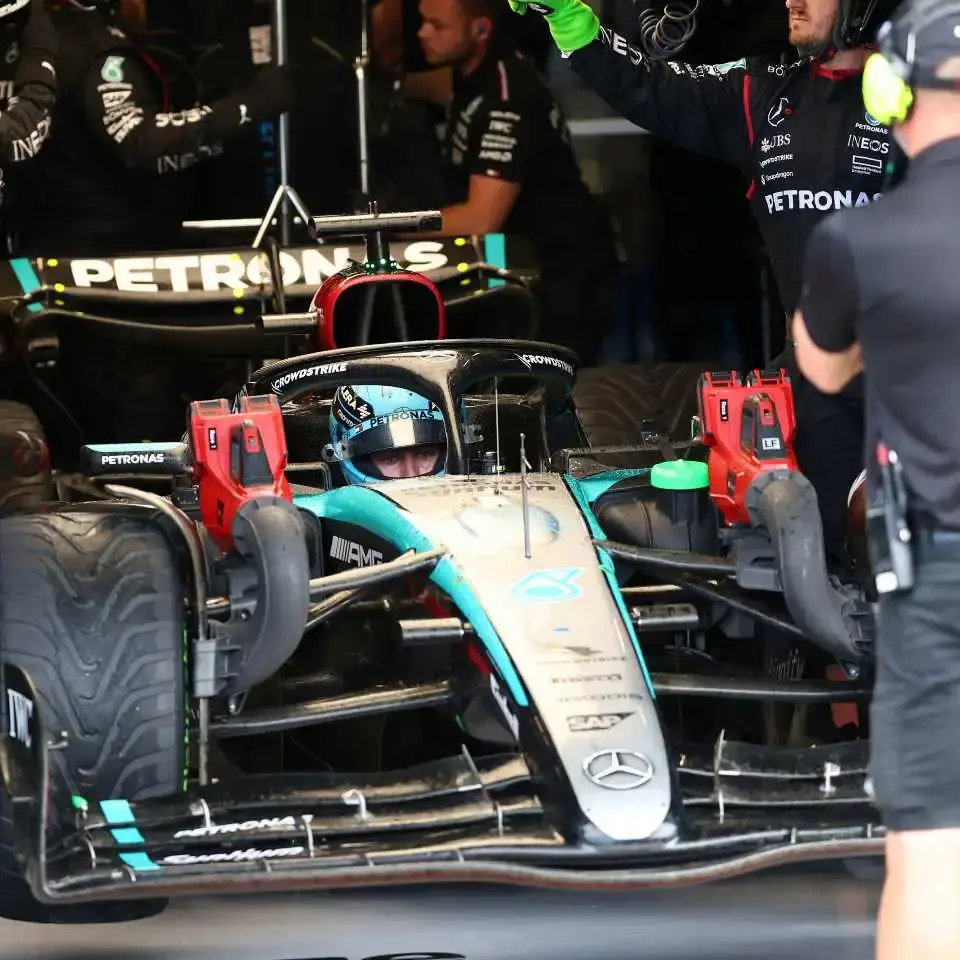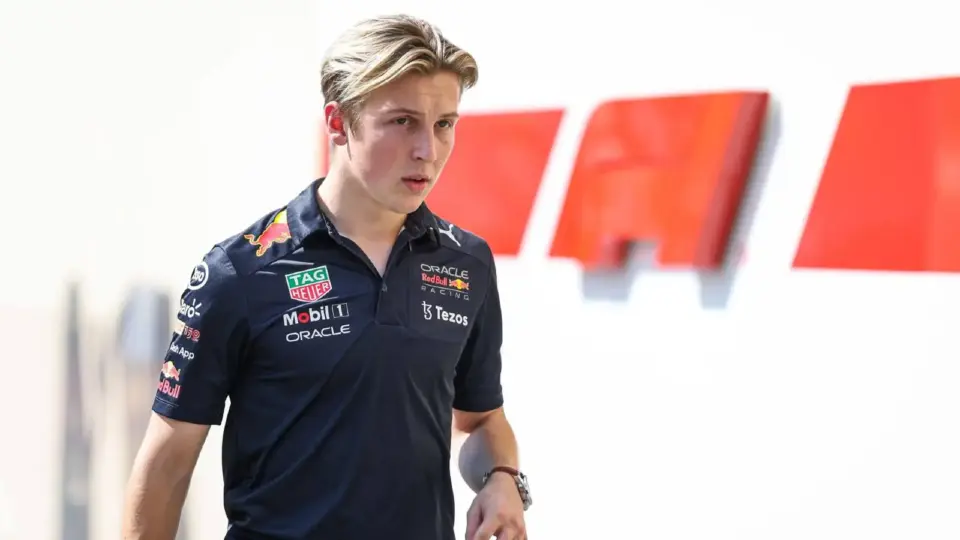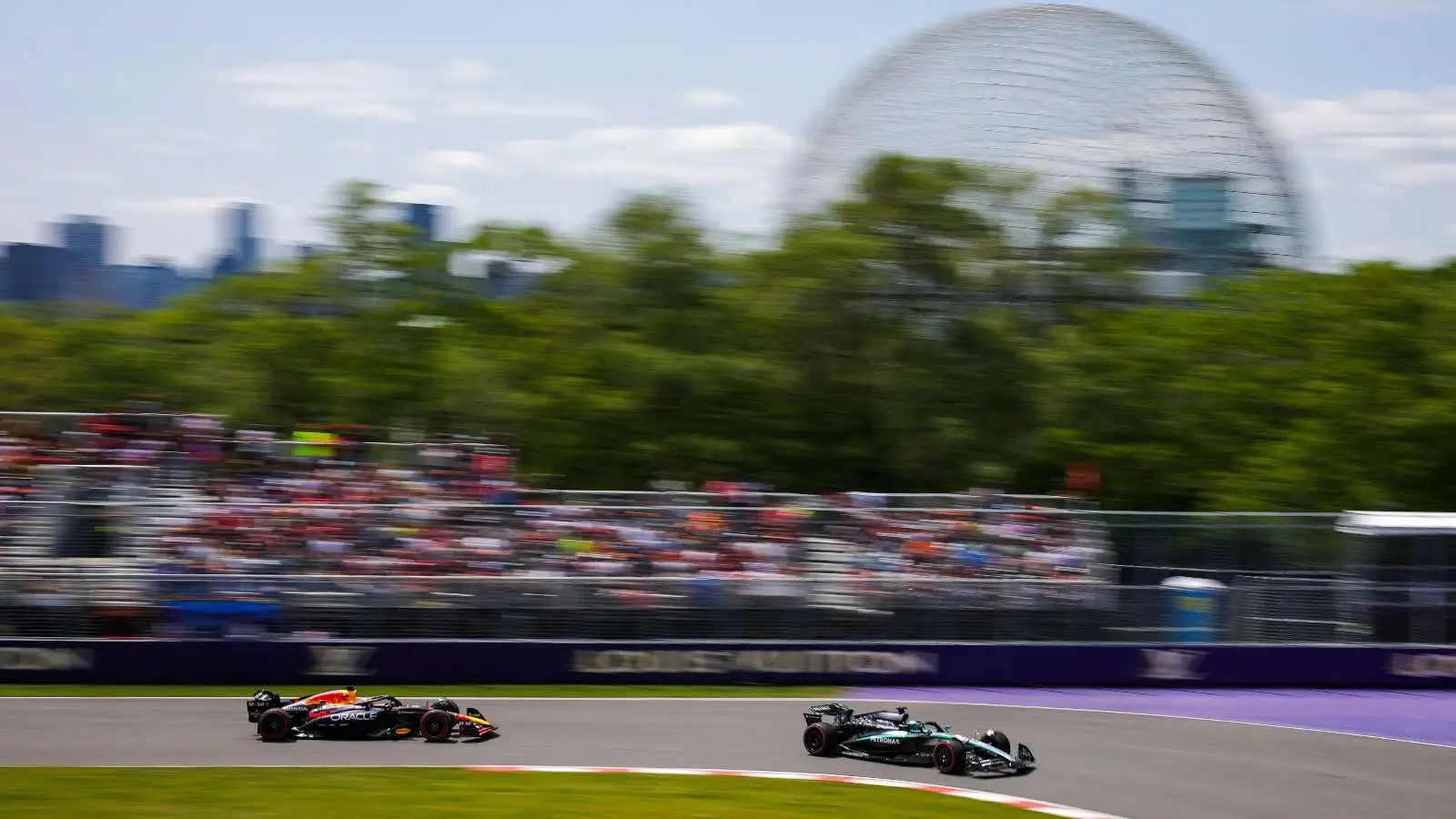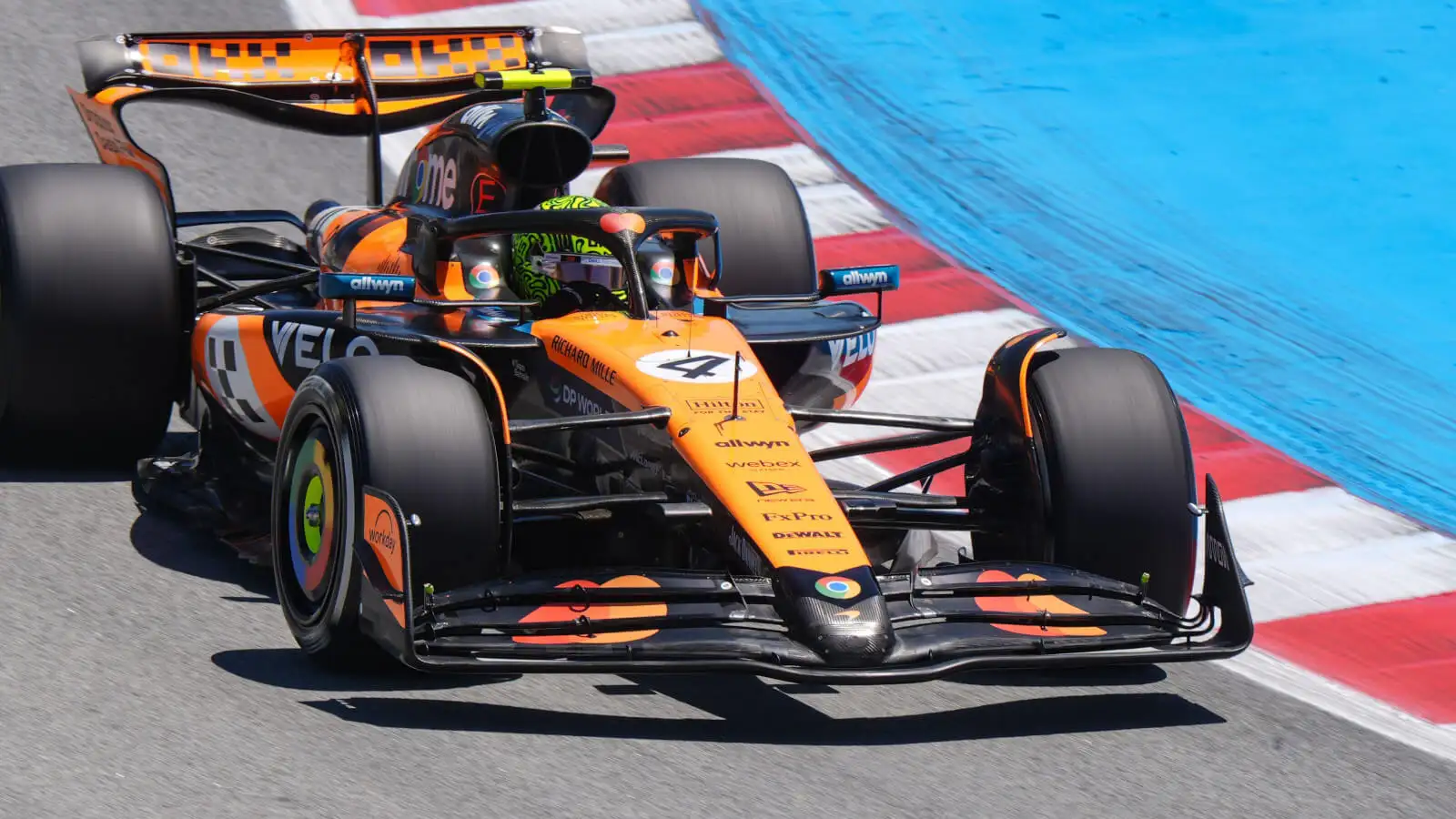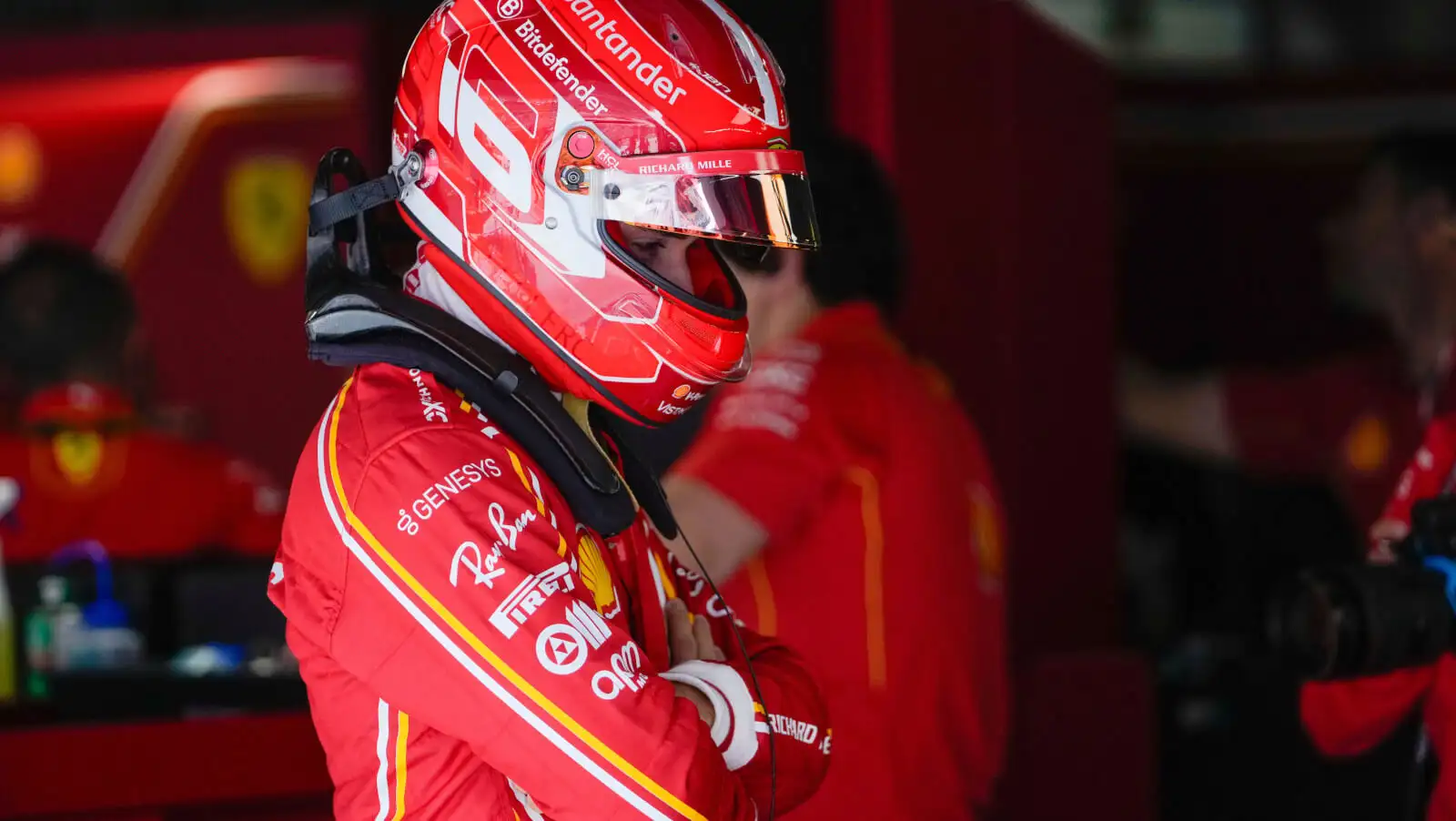In a dramatic turn of events at the British Grand Prix, George Russell’s promising race was cut short by a strategic decision from Mercedes due to a developing water system leak.
As the British Grand Prix unfolded under unpredictable weather at Silverstone, George Russell initially took the lead from pole position, showcasing his driving prowess. However, what started as a hopeful race soon turned challenging as Mercedes faced a critical decision. Running strong in P4 and closing the gap to Max Verstappen, Russell’s race came to an abrupt halt when Mercedes decided to retire the W15 to avoid further complications.
Andrew Shovlin, Mercedes’ trackside engineering director, revealed that the team had been tracking a water system leak from early in the race. He explained that while they were aware of the issue, its terminal nature became apparent only later. “We didn’t know that it was going to be terminal, but it’s all linked to a leak that was in the water system that was causing the pressure to start to drift,” said Shovlin. This decision was crucial to protect the power unit from damage that could lead to a grid penalty later in the season.
Russell, who is already nearing the maximum allowance for engine components this season, could not risk additional penalties. According to Shovlin, “What you don’t want to do is finish the race and destroy the power unit, then you’ll be looking at a penalty possibly later in the year.”
The decision to retire the car was not easy but necessary. Had Russell continued and reached the finish line, there were chances of finishing on the podium, contingent on overtaking Verstappen. “With a race like that, with the changing conditions, it’s quite hard to say this is where we would have finished,” Shovlin acknowledged. Russell’s potential podium finish would have depended largely on his ability to pass Verstappen on track with the intermediate tires during the wet-dry weather changes.
Meanwhile, Russell’s teammate, Lewis Hamilton, made the most of the adverse conditions, securing a record-breaking ninth win at Silverstone. The strategic call regarding tire changes played a vital role in Hamilton’s triumph, highlighting the importance of timing and decision-making in Formula 1.
Although Russell’s setback prevented him from capitalizing on his early lead, the choice to preserve the engine reflects Mercedes’ long-term strategy. They opted to prioritize future races instead of risking significant penalties that could hinder their championship aspirations.
George Russell’s early exit from the British Grand Prix was a calculated move by Mercedes, aimed at safeguarding their competitive edge for the remainder of the 2024 season. While the immediate impact was disappointing, it serves as a testament to the meticulous planning and foresight teams must exercise in the high-stakes world of Formula 1 racing.
